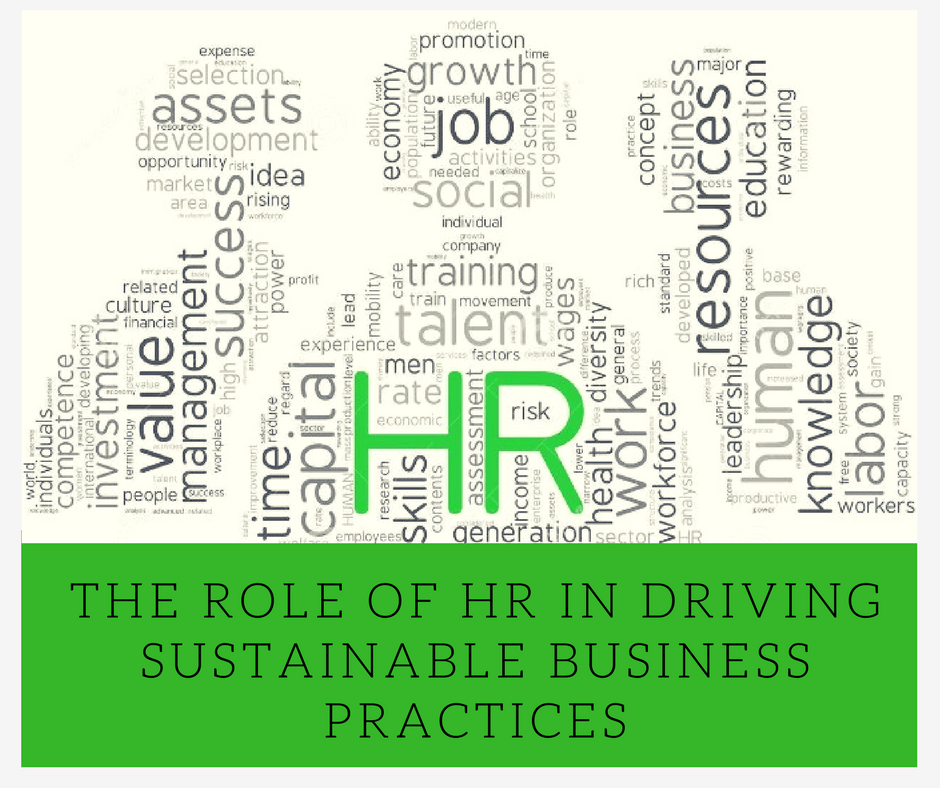Historically, sustainability practices were not a core component of business strategy. However, increasing customer and societal demands for economic, environmental and social responsibility have brought sustainability issues to the surface. In the present day scenario, an increasing number of organizations identify sustainability as a key differentiator for competitive advantage.
As globalization, shifting demographics and competition for the world’s depleting resources compel transformational change, companies will need enlightened and sustainability-savvy leadership to thrive in this brave new world. HR has a significant role to play to align talent with these emerging realities. In order to succeed in this new global context, current and future leaders will need a host of new skills and competencies — and organizational incentives will need to align with strategic sustainability priorities. HR professionals can influence and enable this strategic shift.
There are many resources to help HR managers become proficient in embedding CSR into the employee lifecycle and experience. If done correctly, HR can support an organization to become future-fit, helping to embed social and environmental factors into:
corporate purpose, vision, mission, values and strategy
- employee code of conduct
- workforce planning and recruitment
- orientation, training and competency development
- compensation and performance management
- change management and corporate culture
- employee involvement and engagement
- employee communications
- celebrating success
HR managers will also need to play a lead role advising on sustainable pay metrics and bonus-able goals. Organizations have a long way to go getting the right incentives in place. While many companies include social and environmental factors in executive compensation plans, most are compliance-focused and backwards looking and few have actual targets.
A value-added HR professional will support the organization to anticipate and manage these profound labor market and societal shifts to foster business and social success. HR managers must find ways to bring CSR and sustainability into scope when sourcing and optimizing talent. This helps achieve organizational outcomes to realize CSR’s power as a top driver of employee engagement and retention.

